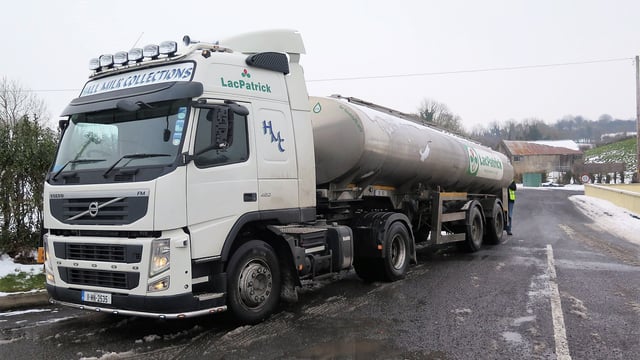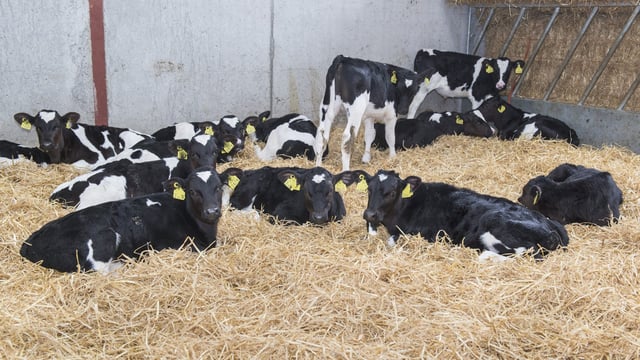Budget Oversight Committee: 'Ireland paying disproportionate amount to EU budget'
Ireland must defend agricultural subsidies and limit increases in Irish contributions as the European Union’s next long-range budget plan takes shape in the shadow of Brexit, the Committee on Budgetary Oversight has found in a new report.
The committee, chaired by deputy Colm Brophy, has examined key economic and fiscal challenges facing Ireland as part of the EU’s next Multi-annual Funding Framework (MFF), the union’s long-range revenue and spending plan.
The EU plans to publish the initial consultative draft of its next MFF, covering the years 2021-2027, later this month.
EU finance chiefs have signalled that the imminent loss of British contributions to the union’s budget may cost EU coffers €12 billion to €14 billion annually.
The report found that, since joining the then-EEC in 1973, Ireland has received net contributions from European partners totalling €41.9 billion, more than 80% of that for supporting agriculture.
However, since 2014, Ireland has become a net contributor to the EU budget in line with its top-tier rate of economic growth as measured in gross national income (GNI).
It calls for a new methodology that separates the “distorting effect of Irish-based multinationals from Ireland’s underlying economic output”.
“The next MMF takes place against the backdrop of Brexit, but this is hardly the only funding challenge,” deputy Brophy said.
“Member states must recommit themselves to programmes focused on aiding EU members most affected by migration and on combatting racism, terrorism and youth unemployment throughout the union.”





